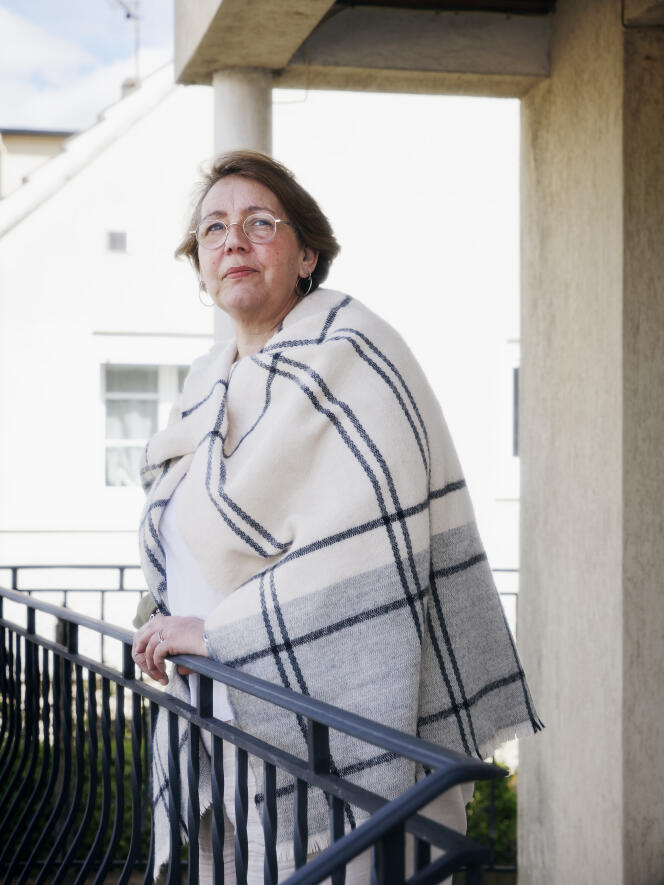


Carole Le Floch was a little reluctant to meet us. "I was afraid you'd be more interested in the domestic violence I experienced or in the grim details of my time on the streets," she said a little abruptly. For the 52-year-old, the most important thing is not to recount her story at length but to discuss the journey she has been on in order to "give or restore hope" to those who may have experienced a similar life-changing event to hers.
She quickly went through the first part of her life. She had dysfunctional parents and left school at 15 because she was pregnant with the first of her four children. She worked as a care assistant and suffered 27 years of domestic violence, before managing to leave, sleeping in her car "because if I had gone to someone's house, he would have found me." She then spent a year on the streets, after her husband managed to confiscate her vehicle. "I plummeted very quickly," she said.
In her 2021 book De la Grande Exclusion au Pouvoir d'Agir Retrouvé ("From the Great Exclusion to Rediscovering The Power to Act"), she described a "deep duvet syndrome": "Having reached the very end [of the precipice], I curled up in a ball at the very bottom of the duvet and experienced a new form of comfort (...). I had disconnected from the world and from myself." She reached the point of "touching madness with [her] fingertips," she wrote.
In the fast-food restaurant where we met her, Le Floch described her journey back to life. "It was a social worker, Mathilde, who saved me: She took me in at a shelter for women who were victims of violence, in 2014 in Evreux [in Normandy], and she introduced me to participation." Citizen participation, in other words, involving citizens in the political decision-making process, has been developing in the social sector since the 2000s. For the former homeless woman, this participation initially meant joining a discussion group within her shelter, despite her difficulty articulating words, a consequence of the many silent months on the streets. "At first, I went there mainly to escape from my four walls and my problems."
Le Floch was subsequently invited to meetings of the Regional Council of Accompanied Persons in Haute Normandie (in northern France), followed by the National Council, persisting in keeping up with and contributing to discussions on emergency accommodation, precarity and social welfare. She was elected as a delegate to this participatory democracy assembly and represented it elsewhere. "This participation, which involved giving a voice to people in precarious situations, was the tool I needed to rebuild my life. I got back in touch with society. I read a lot, learned how to type reports and how to adapt the way I communicated, depending on whether I was talking to someone high on the street or a minister."
You have 43.04% of this article left to read. The rest is for subscribers only.
